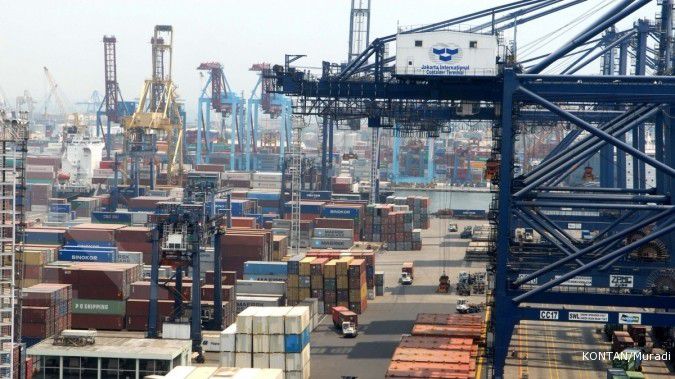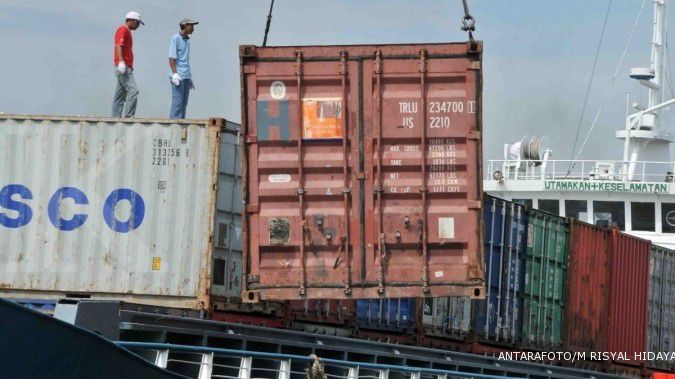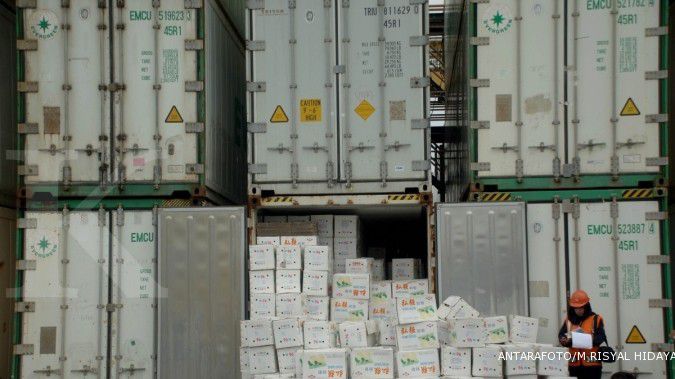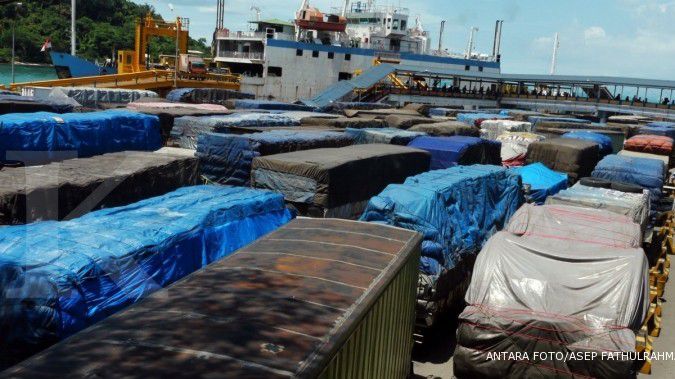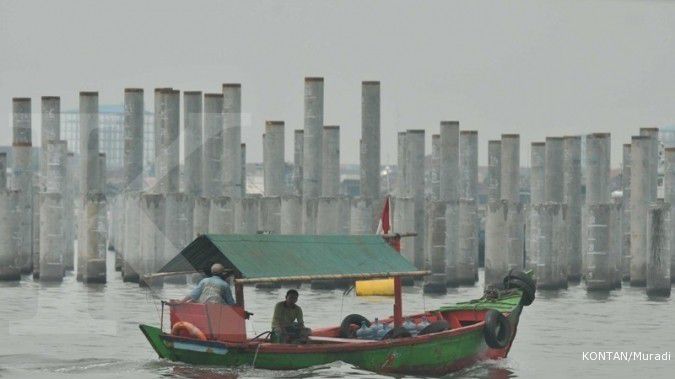JAKARTA. State-run port operator PT Pelindo III will team up with state engineering company PT Rekayasa Industri (Rekind) to build a gas-powered electricity plant to support the operation of the Teluk Lamong Multipurpose Terminal near Surabaya, East Java, once it is operational.
Pelindo III president director Djarwo Surjanto said that the power plant, which would have a capacity of 2 by 25 megawatts (MW), would be built with an investment of about Rp 1 trillion (US$99 million).
He said the power plant would be vital to the operation of the US$336 million terminal, which would need a large amount of electricity.
“Teluk Lamong is going to be the first semi-automatic port terminal in Indonesia, since much of its supporting equipment will be fueled by electricity. The plant will help smooth the operation of the terminal,” Djarwo said.
Equipment that will require electric power include automated container transporters and automated stacking cranes. A gas-fired power plant was chosen because the firm wanted to reduce the usage of fossil fuel, creating an eco-friendly terminal, he said.
At full capacity, the multipurpose terminal alone will need 120 megawatts of energy. “We will need 120 megawatts of energy by 2020, but in the first phase of [Teluk Lamong] operation, we will need around 16 megawatts. So, this plant is a long-term solution,” he said, adding that state electricity company PT PLN would be the main source of energy for the terminal.
Teluk Lamong is being developed to help support the nearby Tanjung Perak Port in Surabaya, East Java, which has been running at overcapacity.
According to recent Pelindo III data, the port is overcrowded, forcing ships to wait for up to three days, which increases cargo costs.
The port has a capacity to accommodate only 3.57 million tons of general cargo annually, while traffic reached some 7 million tons throughout 2012.
In the first phase, the terminal will comprise a 500-square-meter international yard, 450-square-
meter domestic yard, a 10-hectare dry bulk yard and a 15.86-hectare container storage yard to help ease congestion at Tanjung Perak.
According to spokesman Edi Priyanto, the construction of almost all yards will be completed by November. “We just need to prepare the office building and its facilities. We plan to commence operation of the terminal between April and May next year,” he said. He said that the company had also prepared another 250 hectares for future expansion because container traffic was projected to continue increasing in East Java, the main gate for trade to the eastern parts of Indonesia. (Nurfika Osman)
Pelindo III to build gas-fired power plant
July 25, 2013, 12.10 PM
/2013/07/11/1559137815p.jpg)
ILUSTRASI. Ini 2 Cara Mengganti Email Facebook lewat HP dan Laptop. REUTERS/Johanna Geron/Illustration
Source: The Jakarta Post
| Editor:
Latest News
-
February 08, 2026, 02.30 PM
South Korean Crypto Firm Accidentally Sends US$44 Billion in Bitcoins to Users
-
February 07, 2026, 05.13 PM
Indonesia-Australia Relations: Booming Business, Golden Opportunities for Investors
-
February 07, 2026, 04.59 PM
Indonesian Comedian Summoned by Police Over Netflix Show
-
February 07, 2026, 05.57 AM
GLOBAL MARKETS-Stocks, Bitcoin Rally, Regaining Some Lost Ground with Precious Metals
-
February 06, 2026, 07.58 AM
Indonesian Markets Face More Pressure after Moody's Cuts Outlook
-
February 05, 2026, 07.19 PM
Moody's Cuts Indonesia's Sovereign Rating Outlook to Negative
-
February 05, 2026, 02.43 PM
Indonesia Posts Fastest Economic Growth Rate in Three Years
-
February 04, 2026, 04.38 PM
Indonesia's Tax Revenues Jump in January, Finance Minister Says
-
February 04, 2026, 03.34 PM
AUD 1.6 Trillion Australian Pension Funds Ready to Pour into Indonesia
